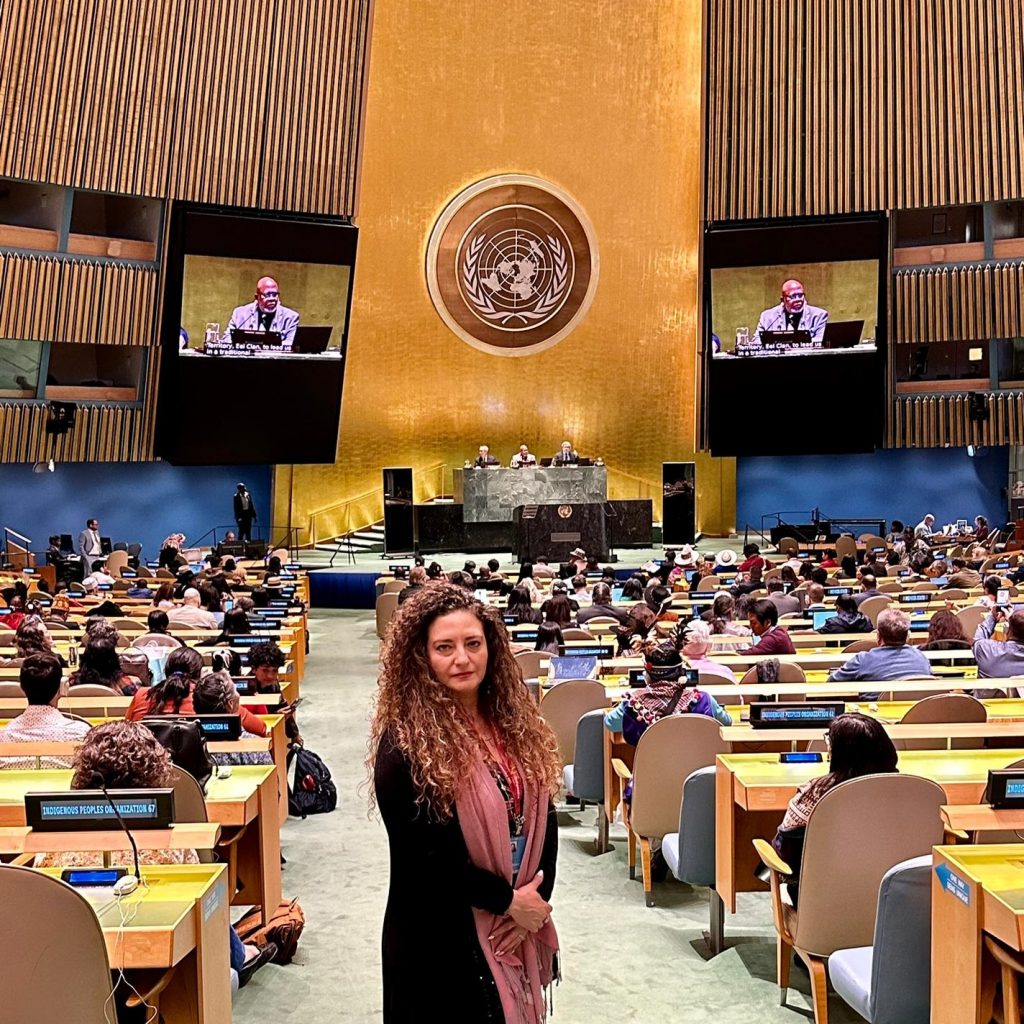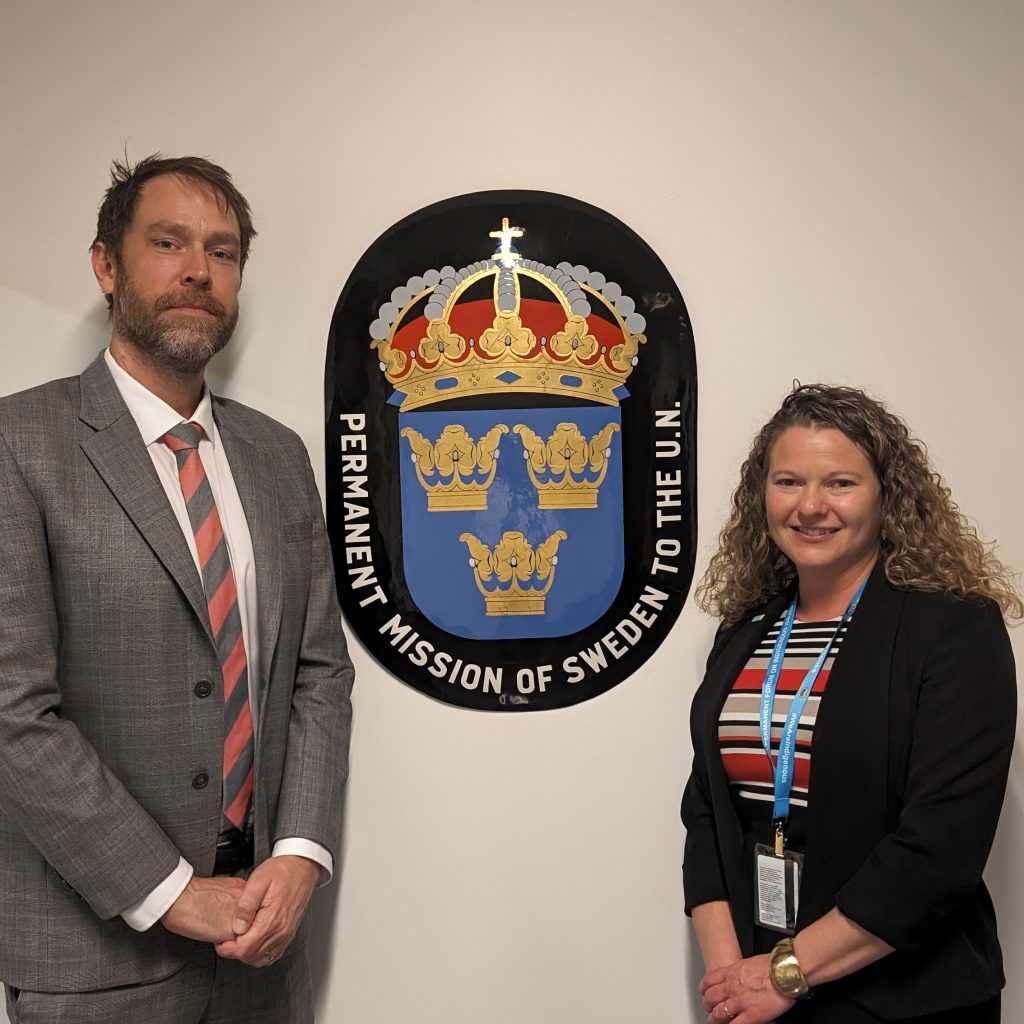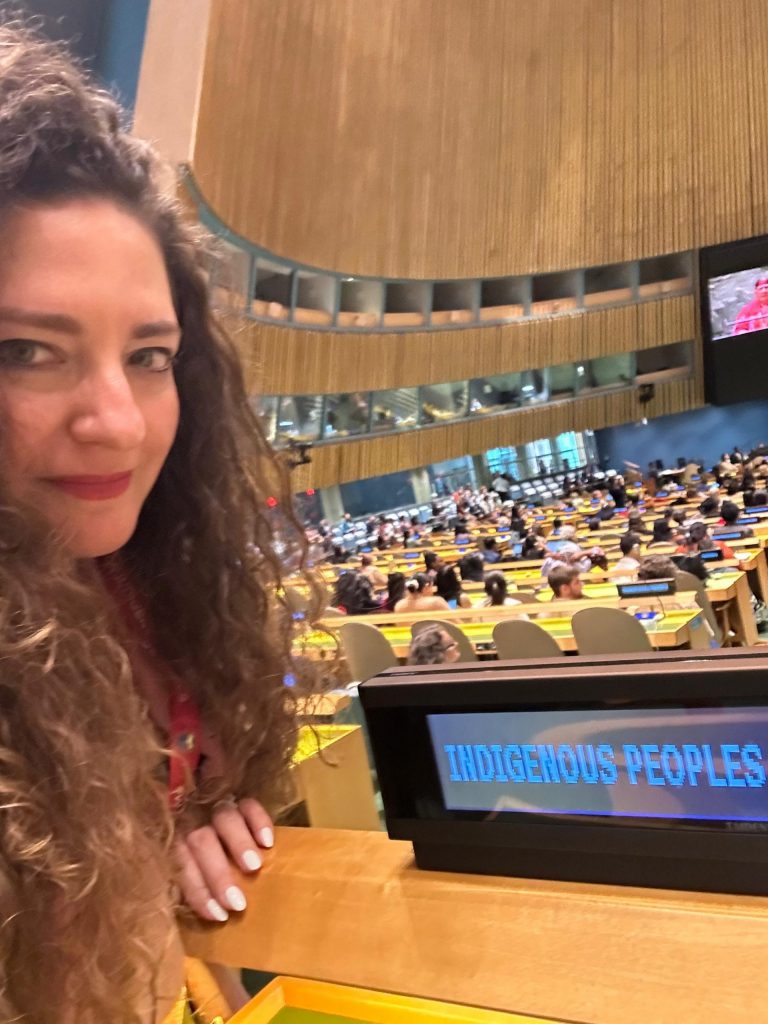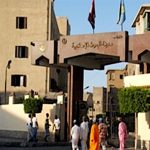Earlier this month, Coptic Solidarity attended the first week of the UN Permanent Forum on Indigenous Rights (UNFPII) in New York City. Last year was our first opportunity to attend this event, and Coptic Solidarity continues to utilize our Consultative Status with the United Nations to advocate for Copts.
The Egyptian government does not recognize Copts as the indigenous peoples of Egypt. If they were to do that, the world would hold them to account for the overt discrimination, persecution, and exclusion of Copts from Egyptian society, government, education, sports, and much more.
The UN Declaration on the Rights of Indigenous Peoples outlines the rights and protections that should be provided to indigenous peoples. Some articles are included below as an example.
Article 2
Indigenous peoples and individuals are free and
equal to all other peoples and individuals and
have the right to be free from any kind of discrimination, in the exercise of their rights, in particular
Article 7
Indigenous individuals have the rights to life,
physical and mental integrity, liberty and security of person.
Indigenous peoples have the collective right to
live in freedom, peace and security as distinct
peoples and shall not be subjected to any act of
genocide or any other act of violence, including
forcibly removing children of the group to another group.
Article 8
Indigenous peoples and individuals have the
right not to be subjected to forced assimilation
or destruction of their culture.
States shall provide effective mechanisms for
prevention of, and redress for:
(a) Any action which has the aim or effect of
depriving them of their integrity as distinct
peoples, or of their cultural values or ethnic
identities;
(b) Any action which has the aim or effect of
dispossessing them of their lands, territories
or resources;
(c) Any form of forced population transfer
which has the aim or effect of violating or
undermining any of their rights;
(d) Any form of forced assimilation or integration;
(e) Any form of propaganda designed to promote or incite racial or ethnic discrimination
directed against them.
Article 11
1. Indigenous peoples have the right to practice
and revitalize their cultural traditions and customs. This includes the right to maintain, protect and develop the past, present and future
manifestations of their cultures, such as archaeological and historical sites, artefacts, designs, ceremonies, technologies and visual and
performing arts and literature.
2. States shall provide redress through effective
mechanisms, which may include restitution,
developed in conjunction with indigenous
peoples, with respect to their cultural, intellectual, religious and spiritual property taken without their free, prior and informed consent or in
violation of their laws, traditions and customs.
Prior to Nasser, the Muslim majority and British Colonialists made no attempts to claim equality between Sunni Muslims and other minorities. It was President Nassar who developed a narrative, very much in use until today, which claims that regardless of identity, all Egyptians are equal. But all minorities in Egypt know this narrative to be nothing more than posturing and empty words.
There was very little representation or participation of indigenous groups from North Africa and the Middle East at the UNFPII. It is important for organizations like Coptic Solidarity to have a presence and to advocate Coptic equality.
Important ways that Copts and their supporters can mobilize to demand change is to educate UN Country Missions about the Copts indigenous identity and urging our allies to pressure Egypt to improve treatment of its minorities in line with international charters and Egyptian law. Coptic Solidarity staff and President, Caroline Doss Esq., met with a number of different countries while in NYC, to do just this. Our meetings and efforts become more productive as we grow in knowledge and experience with our UN consultative status.








